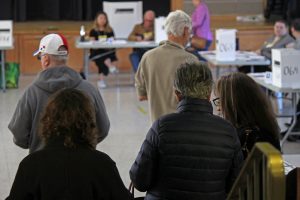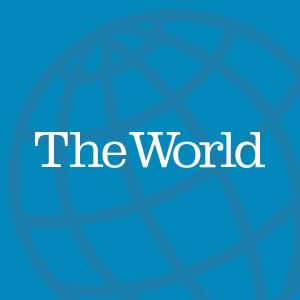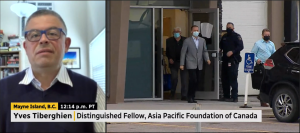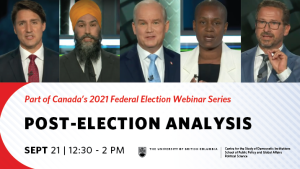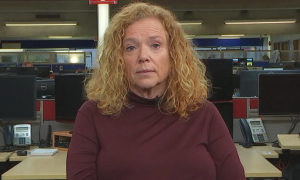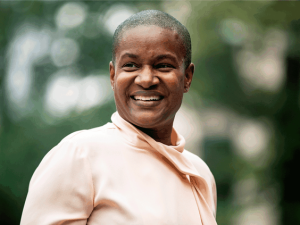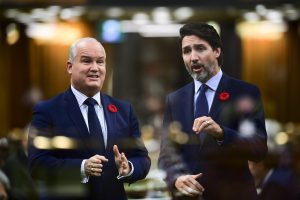Professor Emeritus Richard Johnston discussed criticism of proportional representation in The Tyee
Proportional representation produces “more diffuse coalitions and more opportunity for avoiding responsibility,” said Professor Emeritus Richard Johnston. “Advocates of PR […] don’t spend so much time on the question of who shall govern, what kinds of interests those governments incorporated in their deliberation, and to what extent are they called to account?”
Prof. Michael Byers comments on prisoner swap and how contributes to the evolution of US-China relations
The return to China of Huawei executive Meng Wanzhou is an exchange for two detained Canadians contributes to the evolution of US-China relations. Prof. Michael Byers talks about the prisoner swap and what it means for Western diplomacy with Beijing.
Prof. Yves Tiberghien explains the plea deal of Meng Wanzhou in Globe and Mail podcast
Canada was left looking admirable on the world state after intense diplomatic negotiations, with the United States accepting a non-guilty plea deal from Meng Wanzhou and the return of the two Michaels. Prof. Yves Tiberghien breaks down the dramatic end to what has been a tumultuous time for Canada and China’s relationship.
How does the release of the two Michaels affect Canada-China relations? Prof Yves. Tiberghien interviewed by CBC
“Everything was frozen — even border disputes over agricultural products were very hard to solve. Those things may be solvable … but the bigger relationship [between Canada and China] will not be back to the status quo it was three years ago. We have profound differences and profound grievances,” Professor Yves Tiberghien said.
Prof. Yves Tiberghien: Taiwan’s COVID-19 vaccine struggles
Two lessons emerge from Taiwan’s recent experience with COVID-19 — even the best measures get eroded over time by complacency and fatigue, and it is nearly impossible to be safe from COVID-19 without adequate vaccine deployment, writes Prof. Yves Tiberghien
Watch: 2021 Federal Election: Post-Election Analysis
In this Post-Election Analysis webinar, join the panelists as they discuss campaign dynamics, the result of the federal election, and the impact it may have on Canada’s most pressing policy issues.
Professor Kathryn Harrison said meeting 40 to 45 per cent reduction in greenhouse gases from 2005 levels will require a steep reduction
“Regulation is slow,” Harrison said. “I would think the Liberals –– before they can face the voters again, at least with a credible story on climate –– they’re going to have to show progress on some of these things that are going to require some real hustling.
Prof. Kathryn Harrison said internal division within Green Party hindered the party’s readiness and fundraising
The unpreparedness of the Greens was evident in its lack of a solid climate plank in its platform until well into the campaign, Harrison said, which was perplexing for the party that has long had a lock on that issue.
Post election soul searching could end with change in leadership says Prof. Maxwell Cameron.
Professor Maxwell Cameron points out “politics is pretty punishing on people who don’t win,” so O’Toole’s leadership may be questioned.
Conservative losses in Metro Vancouver suburbs mark biggest change for B.C. in status-quo election
“There were all kinds of things [Erin O’Toole] was talking about that were much more towards the middle,but voters were hesitant to really believe it.” Prof. Gerald Baier told CBC News about Conservative election losses in Metro Vancouver.
